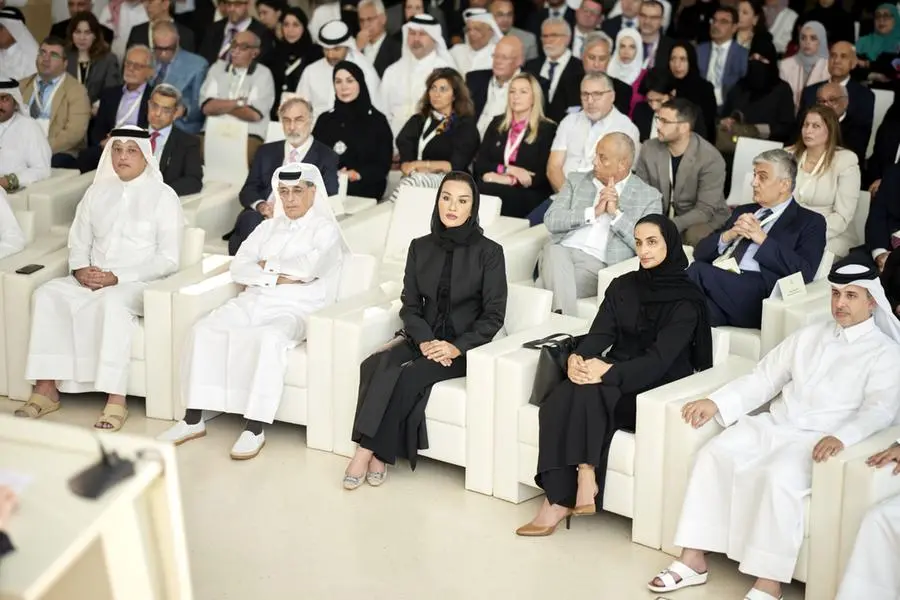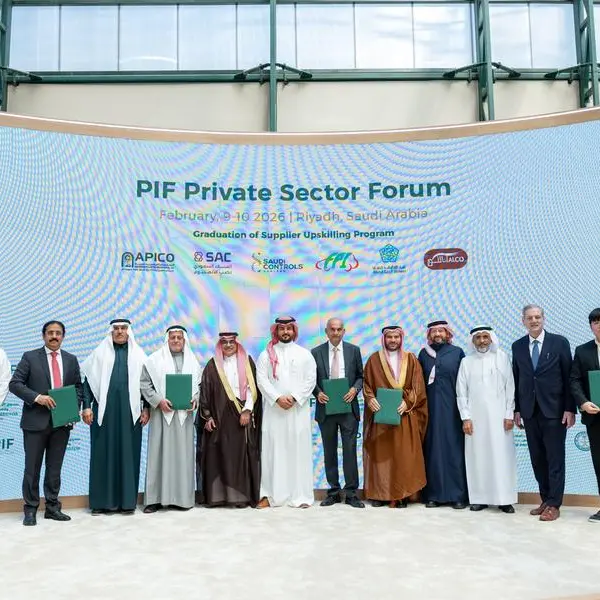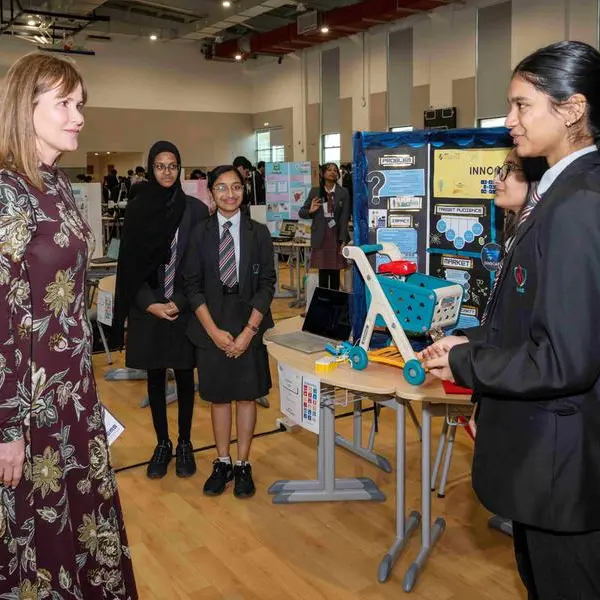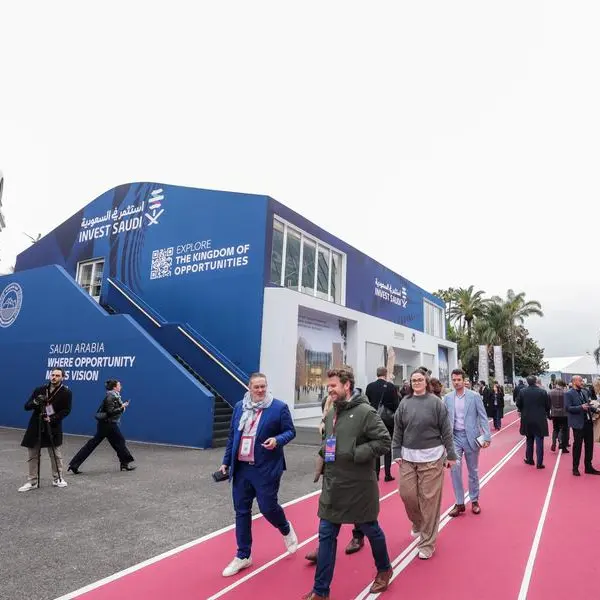PHOTO
Doha – The Arab Global Scholars (AGS) community gathered at Hamad Bin Khalifa University (HBKU) in Qatar Foundation’s Education City last week to herald the latest evolution of an initiative nurturing a contemporary renaissance of Arab science and research.
An initiative led by Qatar Foundation, AGS aims to reconnect scholars and intellectuals with roots in the Arab world back to their region to contribute to its positive development and long-term future.
Its beginnings going back almost two decades, AGS has solidified itself as an innovation-focused community linking 895 Arab scholars, as well as research institutes, universities, and industry partners to advance science, research and capacity-building projects from within Qatar. Current AGS member and partner organizations include more than 14 key institutions in Qatar and beyond. Individual members work with some of the world’s leading public and private sector entities, including GE HealthCare, Humanitarian Tracker, and Pfizer.
Commenting on the gathering, Her Highness Sheikha Moza bint Nasser, Chairperson of Qatar Foundation, remarked: “We held the annual Arab Global Scholars gathering – a natural continuation of the Arab Expatriate Scientists Conference which we launched in 2006. I was delighted to meet this diverse community of scientists, innovators, researchers, research institutes, and industry partners, with whom we aim to strengthen our partnerships. Today, AGS members may be based anywhere in the world, as through technology we explore new and different methods of collaboration, making it easier for everyone to contribute to ensuring this region is stronger and better able to overcome the challenges of the 21st century.”
Building on Her Highness' remarks, Dr. Ahmad M. Hasnah, President, HBKU, said: “The Arab Global Scholars initiative stems from Qatar Foundation's role in advancing science, education, and research in Qatar and the region. We believe that these elements are the essential tools for nations’ growth and prosperity. By linking Arab minds, AGS builds solid bridges between people, countries, and institutions, and supports economic development, ultimately resulting in a vibrant and impactful Arab world.”
The three-day event saw distinguished Arab-origin experts working in the sciences and humanities across the world engage in dialogue centered on areas of global relevance, such as Precision Health and Biotech, Artificial Intelligence, Cybersecurity, Sustainability and Environmental Health.
The introduction of the advanced AGS digital platform, an immersive and interactive space that links members to a wealth of collaborative opportunities, from research projects to academic and student exchanges, as well as professional development activities, marked a key element at the event’s opening day.
In establishing the platform, AGS recognizes that geographical boundaries are no longer obstacles to the convergence of Arab expertise and creation of a knowledge center that inspires current and future generations to develop Arab-inspired solutions for global challenges.
Scholars in attendance included Dr. Dina Katabi, Director of the Center for Wireless Networks and Mobile Computing at Massachusetts Institute of Technology and Chief Executive Officer, Emerald Innovations; Dr. Shihab Kuran, Co-Founder and Chief Executive Officer of Power Edison; Dr. Taha Kass-Hout, Global Chief Science and Technology Office at GE HealthCare; and Dr. Usama Fayyad, Inaugural Executive Director of the Institute for Experiential AI at Northeastern University, among other experts from the public and private sector.
“While the challenges facing the Arab world are considerable, they are by no means insurmountable. Each requires a distinctly Arab response that prioritizes a deep regional appreciation of the problem at hand, as well as academics, scientists, and industry working together to positively shape the Arab future. AGS is ideally placed to facilitate and support such initiatives, turning obstacles into opportunities in the process,” remarked Dr. Katabi.
Scholars engaged in dialogue concerning the importance of Arab-inspired efforts for addressing the myriad educational, technological, social, and economic challenges facing the region. Also discussed were recent developments in AI and Generative AI, the critical role Arab intellectuals can play in post-conflict recovery and reconstruction, and in rebuilding conflict-affected communities.
Arab academics and organizations aspiring to contribute are encouraged to sign up to the AGS platform. New members will join a growing community dedicated to facilitating positive social and economic impact through the collective contributions of Arab minds, driving progress and innovation within the Arab community worldwide.
For further information on Arab Global Scholars, please visit https://arabglobalscholars.org/en/




















